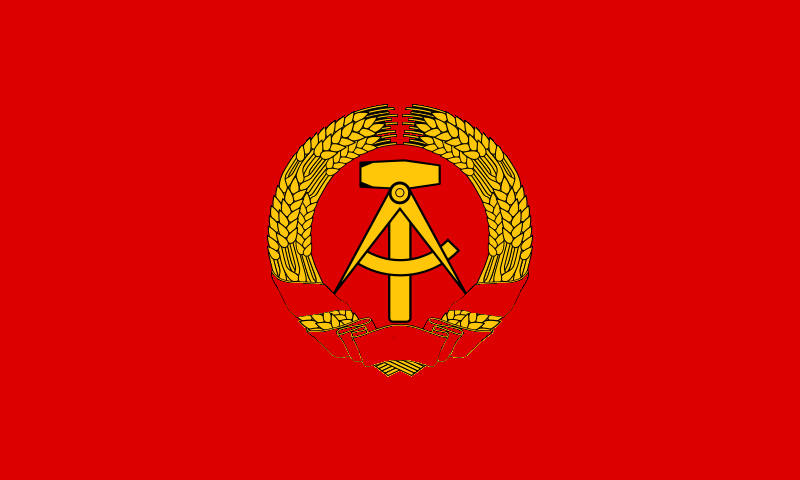Firstly, shown here is a video to give an idea on how Adolf Hitler and his Nazi Party rose to power.
'Coat of Arms'
The Weimar Government was not supported by the ‘Rights’, which mainly refers to the German Army which fought during World War One.They strongly objected to the signing of the Treaty of Versailles and surrendering in World War One and hence, this group believed that the army had been ‘betrayed’ by the Weimar Government as they could have continued fighting to victory in World War 1, and not bring shame to Germany. They were determined to obstruct the work of the Weimar Government.
 |
| Communist Republic of Germany Flag |
The Weimar Government was also unable to keep order in Germany and hence, they lost the support of the majority of the Germans. The German Government spent much of its time trying to control riots and foil attempts to overthrow the government.It relied heavily on the Freikorps(German volunteer military) to control tensions in Germany. Ironically, even the Freikorps tried to overthrow the government in the 1920 Kapp Putsch, which almost succeeded.To add on, in November 1923, Hitler himself attempted to overthrow the government in the Munich Beer Hall Putsch.
Members of the Weimar Government were targeted to be attacked.Between 1919 to 1922, 376 politicians were murdered. Germans were deeply shocked by the violence in their country and felt insecure.The Germans eventually lost confidence in the Weimar Government's ability to maintain law and order.
The Weimar Government also lacked support from the Middle Class. The Weimar Government was heavily in debt due to the war reparations to be compensated for The World War One. Germany’s problems were worsened by the hyperinflation, caused by the overprinting of money to make it easier for the government to pay off its debts.Many Germans lost their savings overnight as money no longer had its values anymore. Most Germans blame their government for their current situation. The situation harshly impacted the middle class and they stopped supporting the government as they thought that the government and its democratic system had failed.
 |
| Chancellor Gustav Stresemann |
Stresemann's death was a big blow to Germany, especially so when Germany’s economy recovery heavily depended on loans from America. This made Germany vulnerable as it depended on America to keep lending funds.When the Great Depression hit, America was badly affected and thus, loans from America to Germany came to an end.Germany suffered a crisis and was on the verge of collapse.
Soon after, the Germans hated the Weimar Government even more as Germany's economy worsened and many lost their jobs as there was no one capable to negotiate with different parties for assistance and solve problems,
Hitler found this moment the very right moment to take over Germany as supreme leader. He took advantage of these weaknesses and promised all Germans, who are now desperate for a reliable leader and government, jobs and a better economy. To the Germans, Hitler was the only option left and in such scenarios, people look for those who solve problems, and in this case Hitler and the Nazi Party seem to be the most reliable candidate to lead Germany, hence giving Germany and his Nazi Party the upper hand.
* Under the Dawes Plan, Germany’s annual reparation payments would be reduced, increasing over time as its economy improved, the full amount to be paid though.
Hitler found this moment the very right moment to take over Germany as supreme leader. He took advantage of these weaknesses and promised all Germans, who are now desperate for a reliable leader and government, jobs and a better economy. To the Germans, Hitler was the only option left and in such scenarios, people look for those who solve problems, and in this case Hitler and the Nazi Party seem to be the most reliable candidate to lead Germany, hence giving Germany and his Nazi Party the upper hand.
* Under the Dawes Plan, Germany’s annual reparation payments would be reduced, increasing over time as its economy improved, the full amount to be paid though.
* The Young Plan was to finalise and help overcome the German reparations problem.
Citations:
http://www.slideshare.net/missfateha/chapter4weakness-of-weimar-government,https://history.state.gov/milestones/1921-1936/dawes



0 comments:
Post a Comment